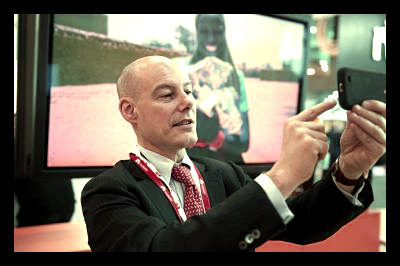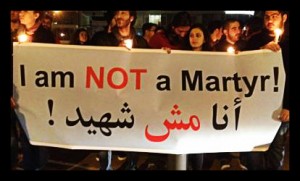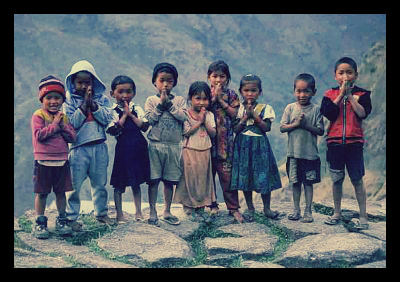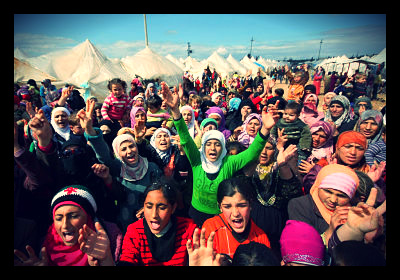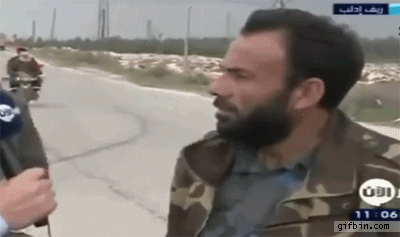The selfie took the world by storm, spreading like a virus across social media platforms. The term often carries a negative connotation in many contexts, reflecting a sense of heightened narcissism brought on by the digital age.
However, even viral trends like the selfie can be turned around and used for productive and positive reasons.
A new selfie phenomenon is catching on in Tunisia for a very unique reason. It involves citizens taking snapshots of themselves with piles of trash in the background with the fitting title, “trash selfie.”
About two months ago, Tunisians began taking the trash selfie and posting it to Facebook and Twitter, using the hashtag #SelfiePoubella (#trashselfie). The photos are aimed at raising awareness of the excessive garbage and pollution currently plaguing the country.
The revolution in Tunisia left much of the country destroyed and many areas have yet to see proper repair and reform. As the political system works to restore order, public services have fallen behind. People are simply throwing their trash on the streets on top of piles that remain untouched.
Many Tunisian neighborhoods are riddled with rubbish, raising several health concerns. Aside from the smell alone, mosquito infestations and unsanitary conditions raise the risk of disease. Pollution-related diseases, such as asthma, are also increasing in the area.
The government has failed to properly respond to the crisis up until now. Tunisians are taking the trash selfie to social media platforms as a way to galvanize government response. As a result, Prime Minister Mehdi Jomaa is currently working up a plan and intends to increase funding to the most problematic areas.
The waste treatment crisis is not limited to Tunisia alone, however. Trash in public areas has become a facet of life in much of the Middle East and North Africa region as the result of the Arab Spring.
The Arab Spring erupted in Tunisia in 2010 as a result of Twitter advocacy. The platform was critical to revolutionary communication throughout the conflict, as the entire world tuned in to a live-tweeted revolution. Social websites and mobile devices served as an effective way to voice the concerns of a people and push for political change.
Countries like Tunisia show the true potential of the Internet for uniting people over a cause they believe in. Middle Easterners have taken up a public voice on social platforms for real and necessary reform, and it seems they will continue to use it this way.
– Edward Heinrich
Sources: Green Prophet, Global Voices Online, PRI
Photo: Global Voices Online
